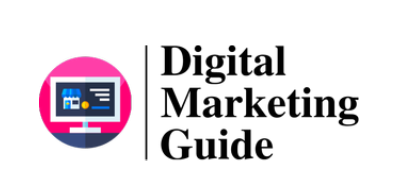

How to Improve WordPress Security
It’s true. If you’d like to know how to improve WordPress security then just look at yourself in the mirror. Can’t you just see the potential problem that could occur if someone got hold of your WordPress site and began to modify the code behind it? Well, now the ugly truth is revealed.
When it comes to guarding your WordPress sites, security is of paramount importance. Most webmasters are aware of the need to protect their personal information and user accounts. Many site owners believe that all the work to set up their WordPress site comes up front, but actually, the creation, development and implementation of a WordPress blog are only the first step. It’s the security of your user accounts that truly keeps out intruders, whether they are hackers or software bugs.
The WordPress Security FAQ will show you that you cannot rely solely on your program and plugin options alone to keep hackers out. All of these things can be leveraged to secure your WordPress websites, but the best way to go about securing your site is to use strong passwords, use a username and password manager, and always keep updating your WordPress plugins. While many people know these steps, many are not doing them correctly. They may use one or two, but that does not mean that they are doing everything they can to keep their website safe.
When it comes to user accounts, it is imperative to use strong passwords that cannot be guessed. Some people have chosen to use usernames and passwords which are too simple. While this is fine for setting up individual post editing and viewing platforms, this is not something you want for your own user accounts. If an intruder gets into your site and has access to your usernames and passwords, they will have complete control over your blog.
Security plugins are another great way to secure your blog. There are quite a few plugins available, and most are free to download. Many of these plugins work in conjunction with the WordPress database engine and the dashboard admin panel. This means that if you choose to use one of these plugins, rather than building your whole website around it, you can also use some of these tools to protect specific areas of your website like custom post types and themes, categories, images, and even the shopping cart section of your website. This makes using the plugins with shared hosting a viable solution, since it will allow you to take advantage of security plugins even while using a managed hosting plan.
There are also several types of plugins that will monitor your web server and report back any problems it finds. One popular type of monitoring plugin is the All-in-One-SEO Plugin. When this plugin is installed, it runs each time a page is viewed and parses the title and meta tags. If there are errors, it will report them. There are also error reporting plugins that will report problems to a particular person within WordPress. If users on your team have access to your admin area and can log into the WordPress admin, this is a great way to ensure that you know exactly what is going on with your site.
Of course, adding plugins to your website will not help if you do not take the proper steps to keep your site safe. The best way to avoid common security issues and stay out of trouble with the search engines is to upgrade your core software on a regular basis. The upgrade process will take a bit of time, so it is important that you do it at least every six months or as recommended by your hosting provider.
Updating your core software is always easiest, but if you do not have time to perform this, please click on the links below to find a company that provides excellent support with WordPress plugins and other website development services. They will have a qualified staff that can assist you with any issues that you may be experiencing. With their help, you can have higher quality performance and a secure site that are free from all security issues. In the end, if you follow a few simple tips, you can ensure that your site security issues will not harm your business.





